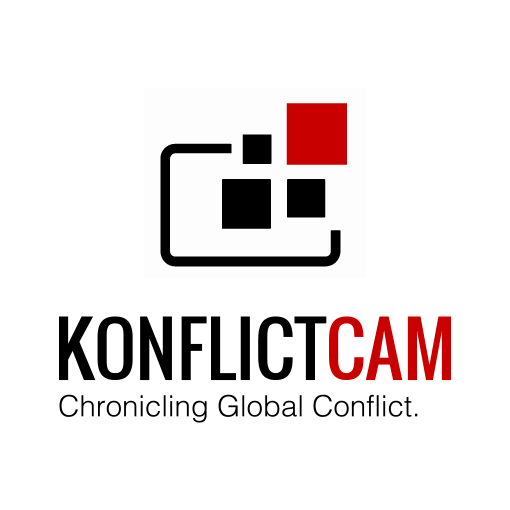Western Sahara Conflict (1970-)
The Western Sahara conflict or Polisario Front dispute for independence is an ongoing conflict between the Polisario Front of the Sahrawi people and the state of Morocco. The conflict is the continuation of the past insurgency by Polisario against the Spanish colonial forces in 1973–1975 and the subsequent Western Sahara War between the Polisario and Morocco (1975–1991). Today the conflict is dominated by unarmed civil campaigns of the Polisario Front and their self-proclaimed SADR state to gain fully recognized independence for Western Sahara.
The conflict escalated after the withdrawal of Spain from the Spanish Sahara in accordance with the Madrid Accords. Beginning in 1975, the Polisario Front, backed by Algeria, waged a 16-year-long war for independence against Mauritania and Morocco. In February 1976, the Polisario Front declared the establishment of the Sahrawi Arab Democratic Republic, which was not admitted into the United Nations, but won limited recognition by a number of other states. Following the annexation of Western Sahara by Morocco and Mauritania in 1976, and the Polisario Front's declaration of independence, the UN addressed the conflict via a resolution reaffirming the right to self-determination of the Sahrawi people. In 1977, France intervened,[citation needed] as the conflict reached its peak intensity. In 1979, Mauritania withdrew from the conflict and territories, leading to a stalemate through most of the 1980s. After several more engagements between 1989 and 1991, a cease-fire agreement was reached between the Polisario Front and the Moroccan government. At the time, most of the Western Sahara territory remained under Moroccan control, while the Polisario controlled some 20% of the territory in its capacity as the Sahrawi Arab Democratic Republic, with additional pockets of control in the Sahrawi refugee camps along the Algerian border. At present, these borders are largely unchanged.
Despite multiple peace initiatives through the 1990s and early 2000s, the conflict reemerged as the "Independence Intifada" in 2005; a series of disturbances, demonstrations and riots, which broke out in May 2005 in the Moroccan-held portions of Western Sahara, and lasted until November of that same year. In late 2010, the protests re-erupted in the Gdeim Izik refugee camp in Western Sahara. While the protests were initially peaceful, they were later marked by clashes between civilians and security forces, resulting in dozens of casualties on both sides. Another series of protests began on 26 February 2011, as a reaction to the failure of police to prevent anti-Sahrawi looting in the city of Dakhla, Western Sahara; protests soon spread throughout the territory. Though sporadic demonstrations continue, the movement had largely subsided by May 2011.
El Aaiún Sahrawi Refugee camp in Tindouf; Aug 2009
Taken on: 2009-08-17
Source: Jørn Sund-Henriksen/Wikipedia
Pro-Western Sahara Demonstration in Bilbao, Spain, May 2009
Taken on: 2009-05-16
Source: Western Sahara/Flickr
Commemoration of the 30th Independence Day in Western Sahara, November 2006
Taken on: 2006-02-27
Source: Jaysen Naidoo/flickr
Flood Damage in Sahrawi Refugee Camps in Tindouf Algeria; February 2006
Taken on: 2006-02-26
Source: Western Sahara/Flickr
Flooded Sahrawi Refugee Camp in Algeria; Feb 2006
Taken on: 2006-02-11
Source: Western Sahara/Flickr
Human rights defender Ali Salem Tamek in Ait Melloul prison (Morocco), August 2005
Taken on: 2005-08-29
Source: Western Sahara/Flickr
Sahrawi Women Protest the Moroccan Wall; Western Sahara, May 2005
Taken on: 2005-05-20
Source: Western Sahara/Flickr
Military Parade of the Sahrawi Polisario Army, 1980
Exact date taken unknown
Source: Sahara occidental - musée du quai Branly/Wikimedia Commons
Moroccans March into Western Sahara to Claim it from Spain, November 1975
Taken on: 1975-11-06
Source: APictureFromThisDay/Reddit

